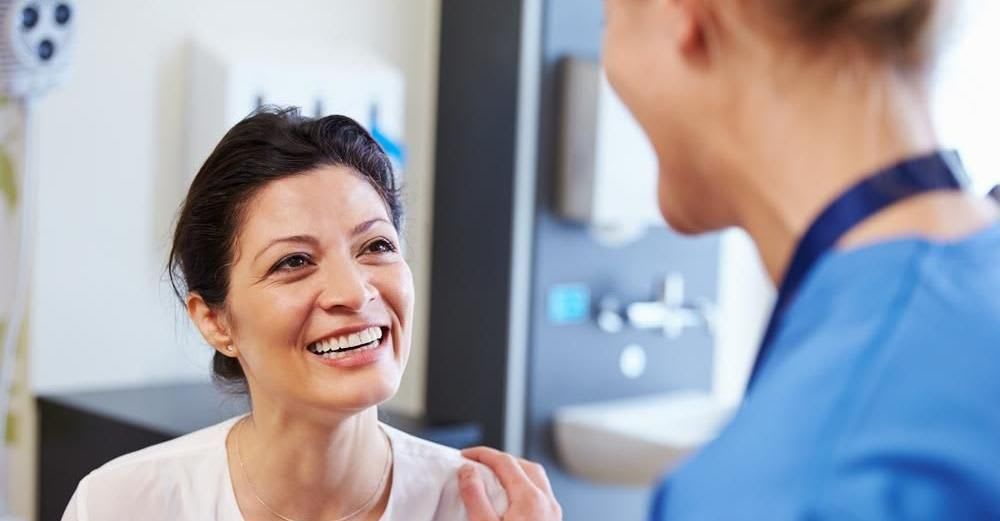Why Socially-Minded Health Professionals Choose the Netherlands for Public and International Health Degrees
Deeply engaged health professionals are looking to Amsterdam to take their studies further. Learn why some of the world's most ambitious public health professionals choose to complete their studies in the Netherlands, and find out more about one dynamic program.
- Education
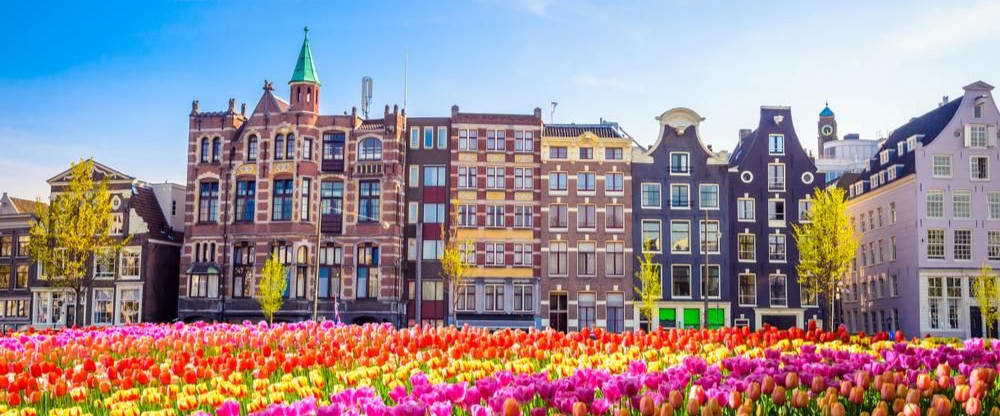
Deeply engaged health professionals are looking to Amsterdam to take their studies further.
With access to real-life scenarios and hands-on work, a dynamic international cohort of dedicated healthcare students and professionals KIT Royal Tropical Institute is a prime option for proven specialists who feel they have more to give.
Programs such as KIT’s Master in International Health (MIH) equip health professionals with the tools to research, analyze, develop, and apply responses to the local challenges of their work in a global context. The Master in Public Health (MPH), for example, offers specialization in Sexual and Reproductive Rights and Health, and a specialization in Health Systems Policy and Management.
Why study Public health in Amsterdam?
The capital of the Netherlands, Amsterdam is a gateway to Europe. Graduate students will find the city both a practical travel hub and a secure study environment.
Healthcare in the Netherlands is the best in Europe and extremely accessible to foreigners, making it a case study in excellence. While health insurance is mandatory, the state spends more than 10 percent of GDP on healthcare – which gives some idea of the importance and respect that the profession is afforded in the Netherlands.
And the city itself is thriving and provides an ideal living environment for those seeking to continue their education. Famous for its cycling culture, Amsterdam is safe and easy to navigate, and students will value time spent among the celebrated waterways, flowerbeds, and architecture both historical and progressive. The very reasonable cost of living and easy-going atmosphere have made the city an expat hub, creating a diverse and welcoming community.
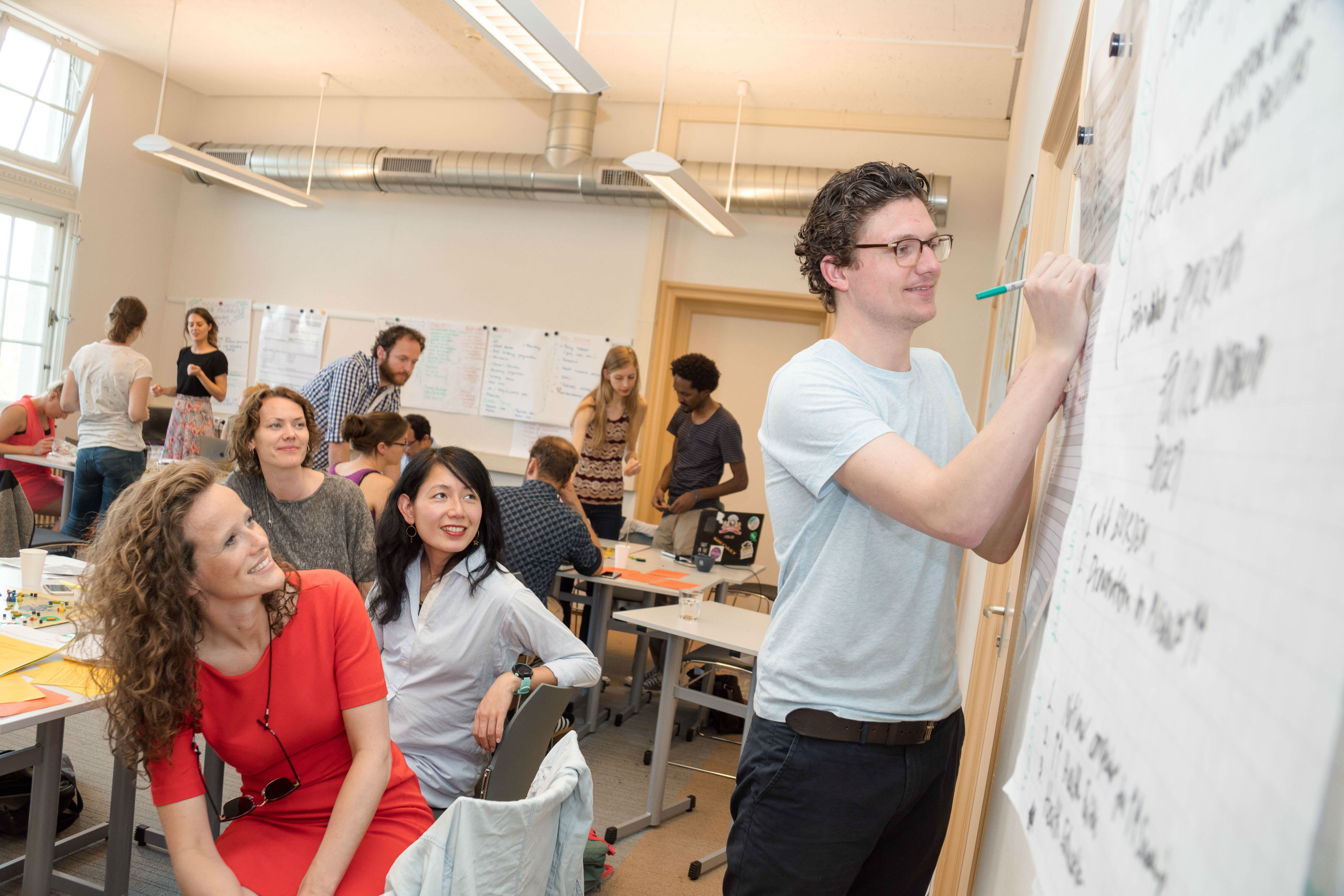
The Royal Tropical Institute
The perfect study environment: KIT Royal Tropical Institute
KIT Royal Tropical Institute has a long history of educating medical professionals for global careers. The Institute was established over 100 years ago and for more than 50 years, the MPH and other courses have been training healthcare providers in global health and tropical medicine.
This diversity is reflected in the international environment of the Royal Tropical Institute. Fellow students include those from developing countries where international health professionals want to make a difference; it is not uncommon to have 25 nationalities in one group. Expert facilitators from KIT and organizations like WHO and other NGOs devote half of their schedule to addressing the different health challenges in specific countries and regions, with an emphasis on areas with urgent or ongoing needs.
The diverse academic cohort is one of the draws of KIT’s MPH program. ‘I was one of four students from the “western world”,'' reports Lorena Gonzalez MPH (US, Peru) who currently works as a Programs' Technical Advisor for a humanitarian aid and development NGO in Yemen. ‘Everyone else in the program came from various lower and middle-income countries various lower and middle-income countries and worked in the field of development and public health. They were inspiring, knowledgeable, authentic, insightful, experienced and truly motivating.’
Lorena was a Returned Peace Corps Volunteer from the US, and she was looking for an MPH program that would allow her to learn from experts in the field: ‘those who actually originate and work in the local contexts most in need of development help.'
‘I learned so much from them,’ Lorena continues. ‘How their countries worked, rural versus urban challenges, corrupt realities, cultural and social views, contexts that shaped the way locals interpreted information and situations, and so much more.
‘Not only did I get to constantly learn about my colleagues’ experiences, realities, and what shaped their views, I also got to learn a lot about their culture by simply working with them in groups.’
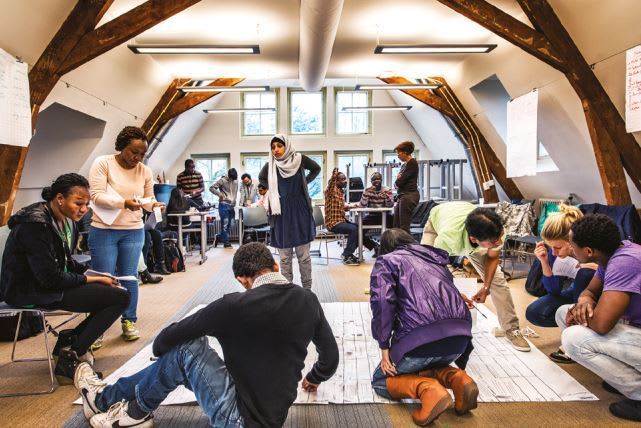
The Royal Tropical Institute
Study programs that are firmly embedded in the real world
Master degrees are given in cooperation with Vrije Universiteit Amsterdam (VU) and are accredited by NVAO – allowing faculty and students at KIT to operate dynamically between the rigor of academia and the unpredictable demands of real-world healthcare. The programs are also designed to accommodate part-time students who continue their specialist and/or voluntary work in the field.
‘The Masters of Public Health course at the Royal Tropical Institute equipped me with not only theories in public health but also provided hands-on learning through simulation of assignments and real-life scenarios,’ reports Mohammad Radwanur Rahman Talukder (Bangladesh).
Mohammad works as a Project Research Manager in the Centre for Child and Adolescent Health International Centre, Bangladesh (ICDDR) and the Ph.D. Candidate Centre for Environment and Population, Health School of Environment Griffith University, Australia:
‘The course modules are designed as such with the existing and emerging global health priorities to provide useful training to get in-depth insights of the topics.’
Maartje Hoetjes (Netherlands) agrees that this flexible, modular design is the best way to combine rigorous study with ongoing fieldwork. Her background is in nursing, and she has continued work as an Emergency Relief Coordinator with Doctors Without Borders:
‘Doing my Master in International Health (MIH) was one of the best decisions I ever made! The MIH enabled me to analyze my practical experience in theoretical frameworks; it showed me new perspectives and components to think about when working in the field. Due to the flexible set up of the MIH program, I was able to follow this masters program next to missions in the field.’
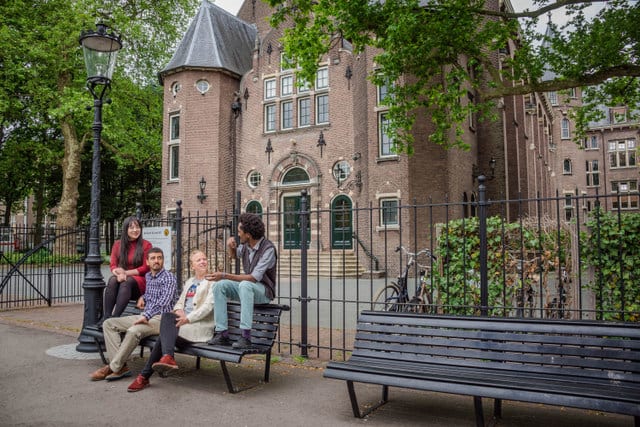
The Royal Tropical Institute
Who studies at KIT?
KIT’s MPH and MIH programs attract students from all over the world and with a range of academic and professional experiences. While some students may have worked in a voluntary capacity for NGOs in Africa or other underserved communities or in a medical capacity with an organization like Doctors Without Borders, others come to the program from careers as health professionals, healthcare and hospital managers, and in government organizations. Each year, the diverse background of KIT students is matched only by the diversity of their origins. One thing they have in common:
They all have a sense of responsibility to the needs of the individuals and the communities they serve to deliver the most informed, empathetic, and up-to-date healthcare they can.
Learn more about the Royal Tropical Institute.
Find a program in these categories
Read related articles

What You Should Know If You Want To Practice Medicine Abroad

Five Countries to Choose for Nursing Degrees
